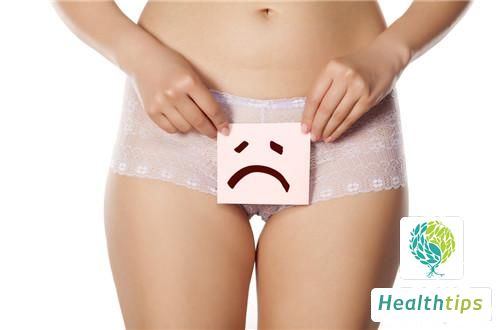Why Does My Belly Feel Hard During the Late Stages of Pregnancy?
Pregnancy is a special period for women, during which regular prenatal checkups are necessary. In the later stages of pregnancy, the uterus of the pregnant woman grows rapidly, which can cause the intestines in the lower abdomen to rise upwards, leading to pain in the bifurcation area on both sides. It is important for pregnant women to rest during this period, avoid excessive stress, engage in appropriate activities, and maintain adequate nutrition. One common symptom that pregnant women may experience in the late stages of pregnancy is a hardening of the abdomen, also known as false labor or pseudo-uterine contractions. These contractions are irregular, short-lived, and do not result in cervical shortening or dilation. They tend to occur more frequently at night and disappear in the morning. False contractions can be suppressed with strong sedatives. Additionally, rapid uterine growth can cause discomfort in the abdomen and pelvis, particularly in the area of the pubic symphysis, which may lead to pressure-related pain. While these discomforts are usually tolerable and do not require specific treatment, they may be relieved by sleeping. If the pain intensifies or is accompanied by other pregnancy symptoms such as vomiting or fever, it is advisable to seek medical attention promptly to rule out other underlying conditions. Another issue that may arise in late pregnancy is hypotension and dizziness. Unlike ordinary orthostatic hypotension, hypotension in pregnant women is often due to the compression of the inferior vena cava by the enlarged uterus when lying flat, which reduces venous blood return and consequently decreases cardiac output. This can lead to insufficient blood flow and hypotension. Lying on the left side can help increase blood flow to the heart and improve blood flow to the uterus and placenta, thus minimizing the impact of hypotension on the fetus. In general, pseudo-uterine contractions and related discomforts tend to resolve with positional changes. However, if the pain becomes severe or contractions become more frequent, it is important to seek medical attention promptly.




















